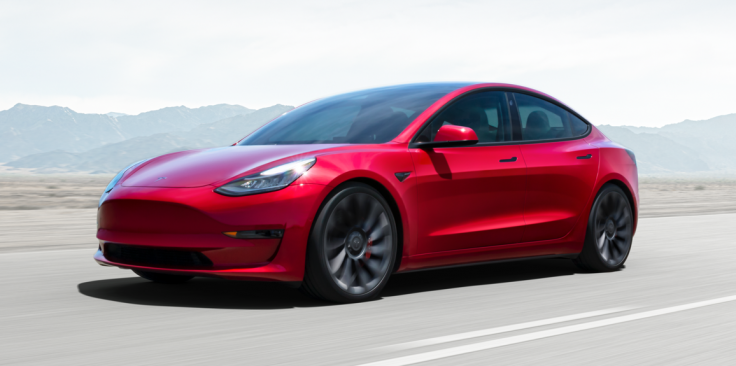Car rental company Hertz placed an order of 100,000 Tesla EVs (Model 3s) for its fleet on Monday, October 25. Tesla stock was up 4.3 percent following the order. Bloomberg reports that Hertz plans to rent the cars in major US markets and parts of Europe starting in November. The order is reportedly worth $4.2 billion. Netizens, however, remained suspicious of Hertz's move of placing a bulk order of luxury cars just months after emerging from bankruptcy.
Hertz also noted it was installing thousands of chargers throughout its network, which simply means customers renting a Tesla Model 3 can access 3,000 Tesla supercharging stations throughout the United States and Europe. "Electric vehicles are now mainstream, and we've only just begun to see rising global demand and interest," Hertz interim Chief Executive Officer Mark Fields said. "The new Hertz is going to lead the way as a mobility company, starting with the largest EV rental fleet in North America and a commitment to grow our EV fleet and provide the best rental and recharging experience for leisure and business customers around the world."
Hertz announced that the "initial" order of a total of 100,000 Teslas will be made by the end of 2022, and customers will be able to rent a Tesla Model 3 at certain locations beginning in early November.

Hertz filed for bankruptcy last year
After a failed negotiation with creditors and investors, car rental firm Hertz had filed for bankruptcy protection in 2020 following the dip in travel demand owing to the pandemic. A group of investors including Knighthead Capital Management, Certares Opportunities, and Apollo Capital Management purchased the firm out of bankruptcy for $6 billion. However, according to Bloomberg, Hertz is currently valued at $11.6B ahead of being relisted on Nasdaq.
Twitter calls Hertz's bulk order a 'smart move'
While some Twitterati raised questions on "how does Hertz plan to pay over $3B for the order if they have just escaped bankruptcy, " some called it a "bold, turnaround move by Hertz". Some social media sleuths even took a dig on the deal calling it an "advertisement" for both or either of the companies.








